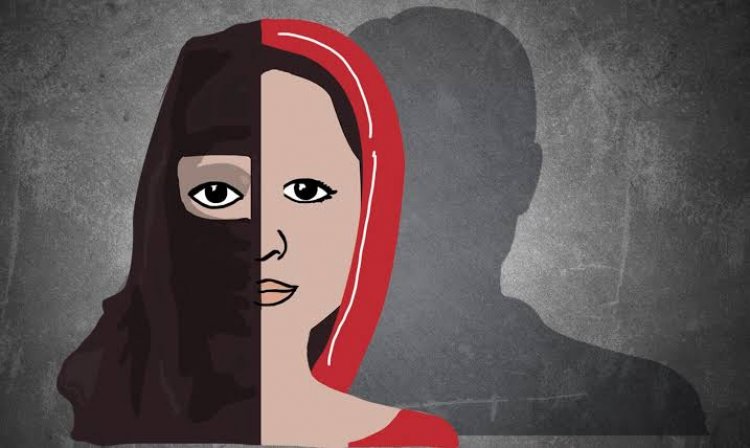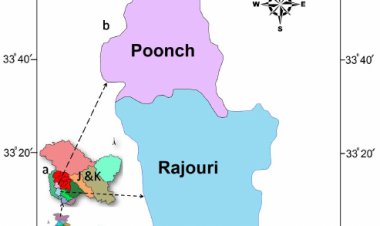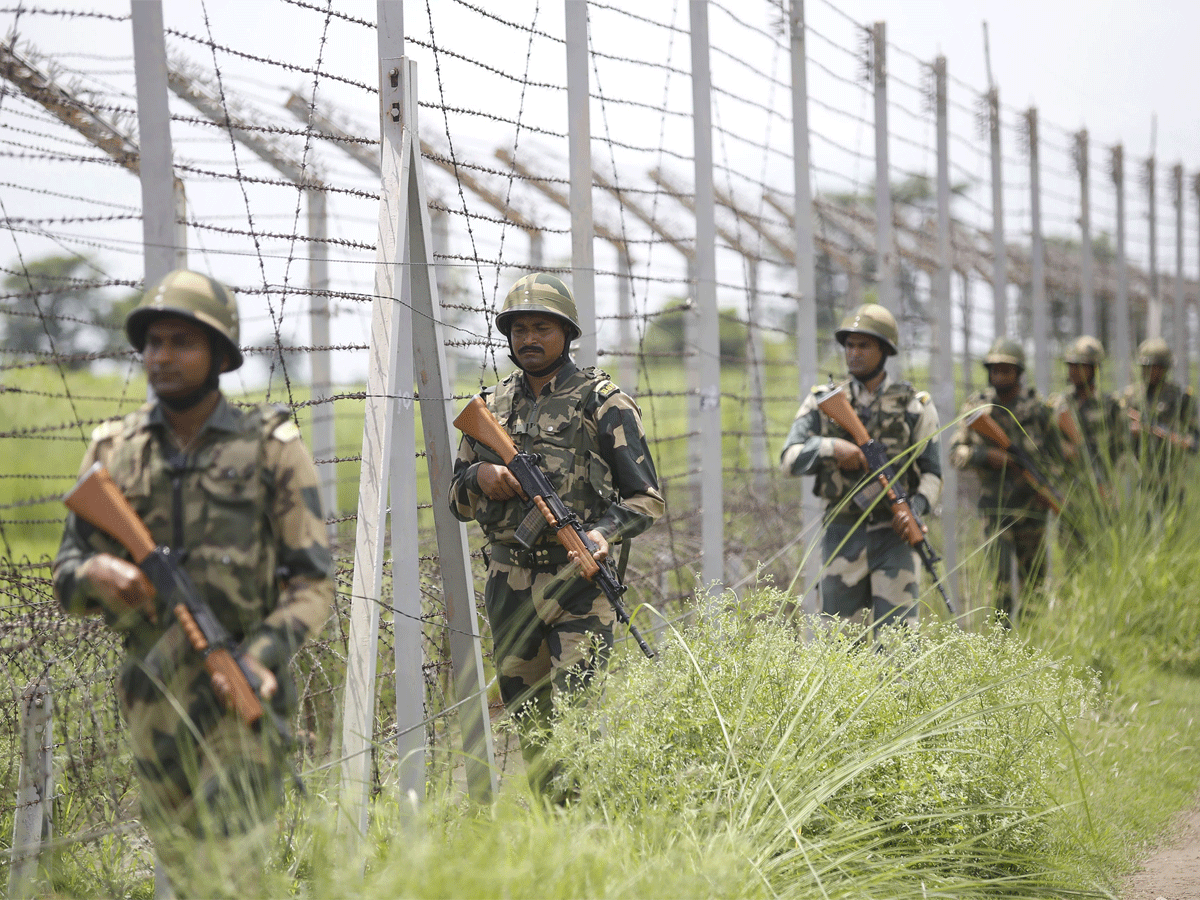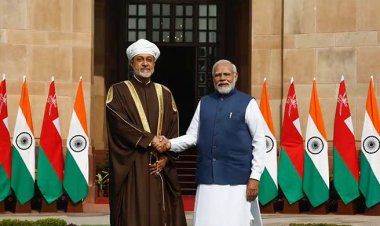Explained: The 'Love Jihad' Ordinance
In an attempt to curb a flurry of religious conversions in the State, the UP govt has come with a stringent law.

By Usanas Foundation
The Uttar Pradesh Cabinet passed an ordinance on 24th November against 'unlawful religious conversions' or the so-called 'love jihad'. Several states are expected to follow the suit and implement the same kind of laws in an already polarized country. The UP Govt released a note stating "We have brought out an effective law to check conversion with some stringent punitive provisions against individuals and organisations if found to have indulged in conversion, through the manifestation of using force deceit by way of luring into marriage or any other improper manner."
The Uttar Pradesh State Law Commission had proposed such a law, a year ago in a report submitted to the Chief Minister citing rising incidents of forced religious conversions or conversions through fraudulent ways. The Yogi Adityanath led government also cited a single judge bench judgment of Allahabad High Court which held that conversions just for the sake of marriage are not valid. As the ordinance has been cleared by the Governor another division bench of the High Court declared the previous judgment, which the UP government cited, as an incorrect position of law.
The issue of ‘love jihad’ has always been on Yogi Adityanath’s agenda even before he became Chief Minister of UP. He has been vocal about it in his constituency Gorakhpur and had a dedicated outfit to check religious conversions in eastern Uttar Pradesh. Recently in August, he directed his officials to form a stringent law to control incidents of 'love jihad.'
Provisions of the Law
The proposed law defines punishment and fine under three categories. Those found guilty of converting people through means of "misrepresentation, force, undue influence, coercion, allurement or by any fraudulent means" thus violating the law would face a jail term of one to 5 years, and a minimum fine of Rs 15000.
In case of conversion of a minor or a woman from the Scheduled Caste, Scheduled Tribe, the offender would face a jail term of three to 10 years with a minimum fine of Rs 25000.
If the conversion is found at mass level, those guilty would face a jail term from three to 10 years, with a minimum fine of Rs 50000
Another significant clause of the proposed Prohibition of Unlawful Religious Conversion Ordinance 2020 is that marriage will be considered null and void if the "sole intention" of the marriage is to "change a girl's religion."
This law does not apply to the Special Marriages Act. People who do wish to marry in other faith can still follow the due procedure under the Special Marriage Act.
The Road ahead
Under the new law, anyone deciding to convert to another religion would have to give it in writing to the District Magistrate two months in advance. The government will prepare a format for the application which needs to be filled by the individual and approved by the DM. The onus is on the individual who is converting to prove that religious conversion is not taking place forcefully or through fraudulent means. Failing to do so will invite a fine of a minimum of Rs10000 with a jail term from 6 months to three years.
Anti-Conversion law in other states
UP is not the first state to bring religious conversion law. Several states in the past considering their tribal population have passed laws against religious conversions. In 1967 Odisha was the first state to pass a law against religious conversions- the Freedom of Religion Act. Madhya Pradesh and Arunachal Pradesh enacted similar laws in 1968 and 1978 respectively. In 2002, Tamil Nadu passed the Tamil Nadu Prohibition of Forcible Conversion Act, primarily directed at Christian missionaries. Under the Modi government, a new generation of anti-conversion laws was passed. Both Himachal and Uttarakhand added 'marriage' to their Freedom of Religion Act and said that even if the conversion is done for marriage it has to be notified. In Uttarakhand, the law empowered the parents and siblings of the individual being converted with the right to go and complain to the district magistrate if they feel a conversion is taking place without following the regular process. Therefore, the new law is not different from the 60s-70s law enacted by the past governments and the same in spirit.
(With inputs from Kartik Asthana, Research Assistant, Usanas Foundation)






















